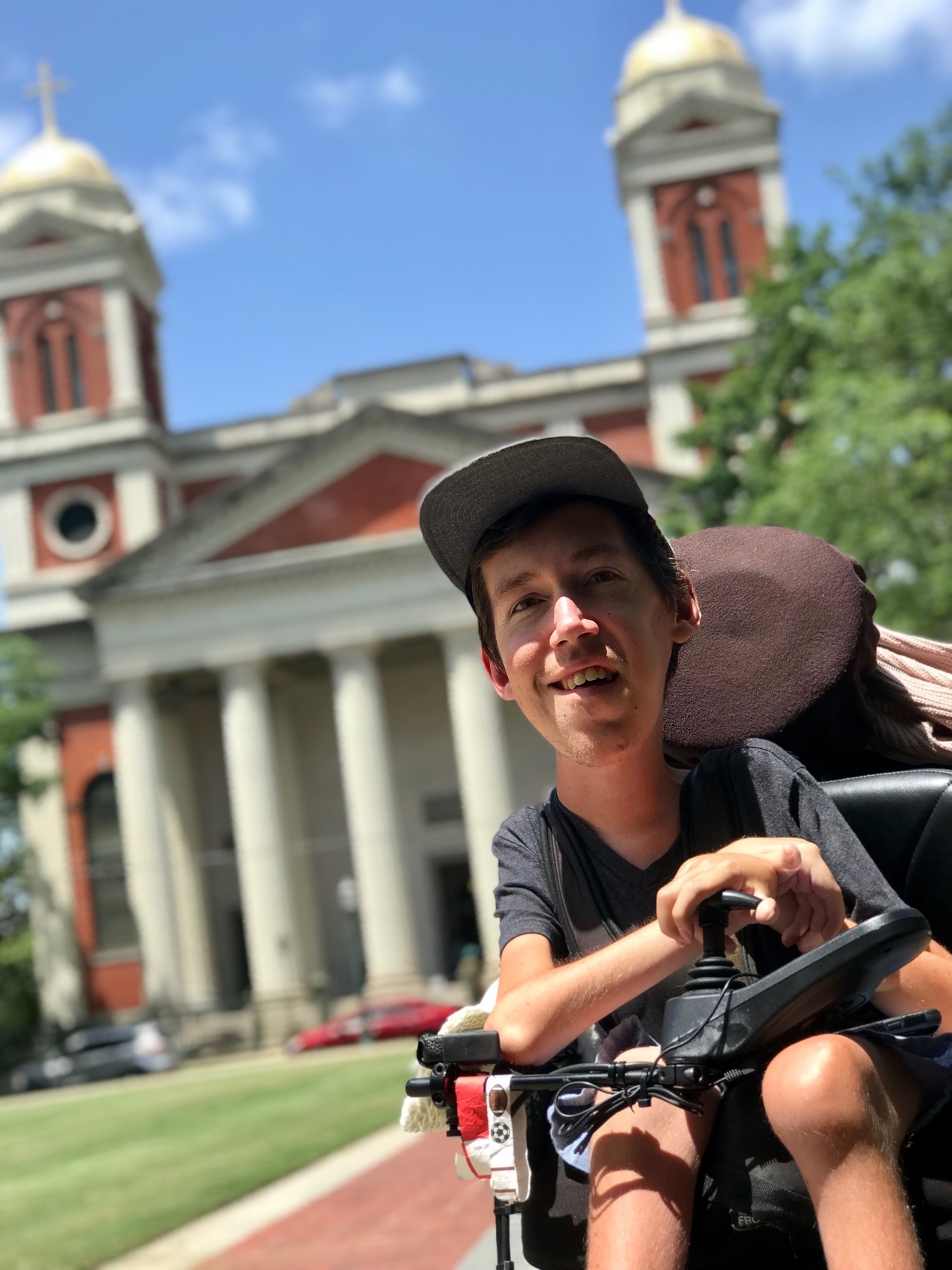When I perform at speaking engagements, people often ask what my parents did to set me up for success in life. The answer is simple: from a young age, I was encouraged to be a self-advocate. That's a fancy way of saying they taught me early on how to voice my needs and stick up for myself.
My parents faced the daunting task of teaching their children skills of self-advocacy and responsibility. After all, their main goal of parenting is to set up their kids with the tools, resources, and values for a lifetime of satisfaction and success.
“My parents realized that in order for me to develop into a capable adult, I would need to learn how to navigate every aspect of my disability and the support I required.”
As a young child, I was encouraged to go out and play with the other children in our neighborhood, a process that involved introducing myself and showing my new friends how we could play our favorite games and include my wheelchair in the fun. My parents let me get dirty, make mistakes, and ultimately get into trouble (occasionally!) just like every other kid. In this way, I learned how to help kids understand my disability and realize I was no different than them.
In school, my parents and teachers included me as an equal partner in planning my disability accommodations. They urged me to voice my desires during Individualized Education Program (IEP) meetings. As long as those desires aligned with safety and common sense, the adults deferred to my opinion when crafting my accommodation plan. For example, in 4th grade, when I decided I no longer wanted a school-supplied personal attendant all day, I was responsible for showing the administrators how and why my friends were better options to be my helpers in class. This taught me how to argue, reason, and make smart decisions for myself.
As a teenager, there were times when I hated the "extra" responsibilities. My parents taught me how to make medical appointments, keep a schedule for my life, talk to insurance representatives, and more. I remember having big arguments with my parents when it was time to schedule an appointment, but I just wanted to be playing video games.
Looking back now, as a 30-year-old, I so appreciate my parents for giving me the skills and confidence to manage my life and care. I felt a strong sense of personal autonomy well before many of my nondisabled friends, and I largely attribute that to how my parents raised me. The skills and tendencies I developed throughout childhood turned out to be incredibly useful in my adult life (and attractive to partners as an added bonus). Today, I feel completely comfortable managing all the myriad responsibilities of adulthood, especially factors related to having SMA. Thanks, Mom and Dad!


